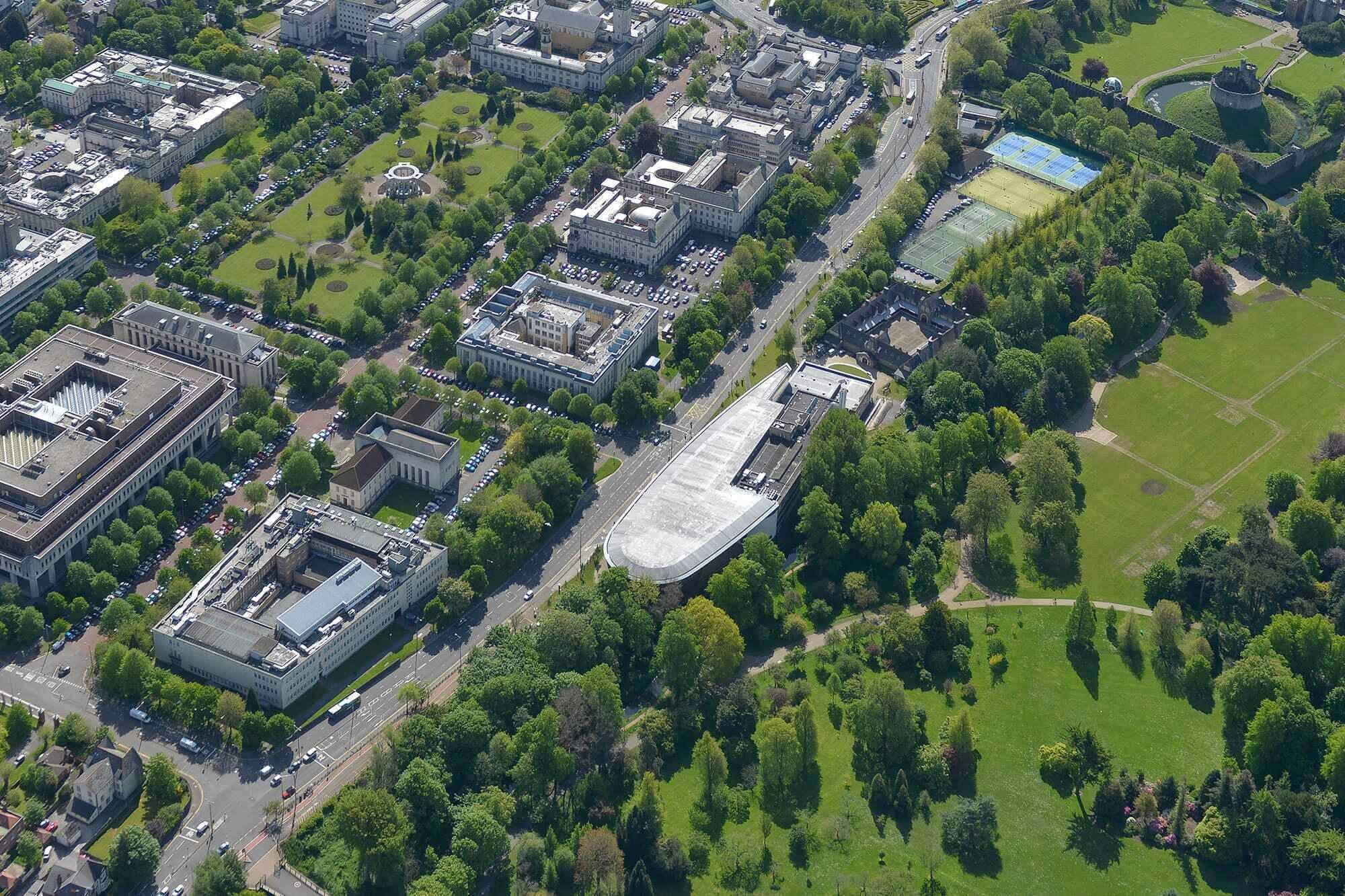
Sustainability matters

We’re halfway through 2024 and our race to a carbon zero College is in full swing. Here’s the latest roundup of developments from each department as we make a RWCMD community effort to reduce our carbon footprint:
LED production lighting upgrade
The tech ops team have been busy bees having had approval of a major LED production lighting upgrade. This allows the retirement of approximately 60 incandescent/tungsten fixtures.
All AV systems are undergoing an update to enable them to be shut down remotely at night, reducing energy usage and prolonging equipment lifespan. Final trials using rechargeable batteries in radio mics on full-scale productions and using elastic loops for cabling have both had positive responses.
Theatre Green Book standards
The production team has been implementing new exhibition lighting and the recent Wearable Art show was entirely lit with LEDs. Now the team is continuing their journey in how to make our shows more sustainable in the new academic year by implementing new ‘Theatre Green Book Standards’ across all drama productions.
The team will also be introducing an inventory with our existing material stock to help us reuse previous production materials.
Head of Production, Rhian Jones explains more about the Theatre Green Book standards here.
The scenic workshop in Llanishen has been strengthening its partnership with Cardiff Council and its new creative industries recycling and lending resource. This has been set up to repurpose, recycle and exchange scenery props and surplus items while also helping with the issue of storage.
'We have built a strong working relationship with Cardiff Council and its education department.
One of the ways we contribute to sustainability is by donating scenes from our College shows to schools and community groups. This allows them to re-use the sets, reducing waste and promoting a more environmentally friendly approach.
Of course, we also make it a priority to reuse scenic elements within our own productions whenever possible, further reducing our environmental impact.'Laura MartinScenic arts lecturer
Biodiversity and sustainability
Thanks to our estates team, our solar panels have been lighting up our building (quite literally) for a few months now. Following on from this, the sustainability team has been looking into projects that other university campuses have successfully implemented and which we’ll begin to consider as part of our commitments to biodiversity and sustainability.
Ideas include beehives, working towards becoming a hedgehog friendly campus, and a College garden proposal.
Paperless communications
When it comes to communications, all teams are still aiming to go paperless. The academic team is only printing scores and scripts on a request basis rather than printing surplus, reducing the amount of paper used per show/production significantly.
In music, feedback for chamber assessments was almost entirely electronic, with a handful of paper reports. Feedback for Years 1 and 2 practical assessments will be managed electronically, and all associate examiners are being offered electronic devices for writing.
Sustainable weddings and catering
The team has introduced paperless viewings where customer details are taken digitally, and they will now advise against the use of pre-packed confetti packets, and recommend natural flower petals instead.
Also on food, our catering team has now replaced all plastic cutlery with wooden alternatives for anyone wishing to take their food away. All condiments are no longer in plastic sachets, making our canteen a more sustainable place to eat.
It’s great to see everyone at RWCMD working together to create a greener future!









